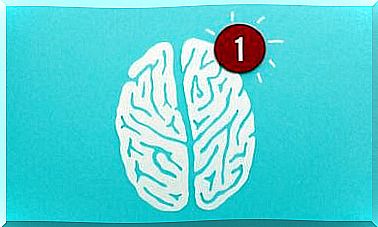Stephen Hawking: The Man Of The Stars
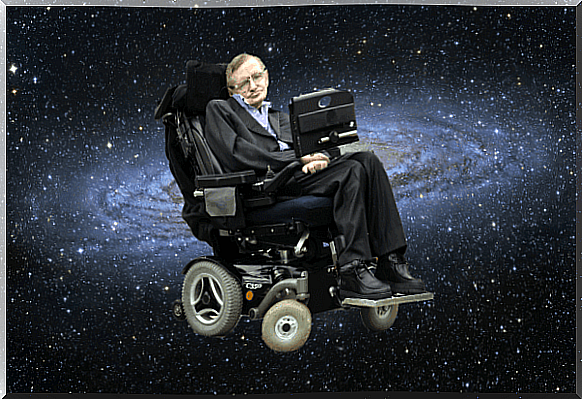
Stephen Hawking is perhaps the most famous living scientist of our time. His prestige can be compared to that of Albert Einstein during his time. His fame comes mainly from his contribution to research on the origin of the universe and the physical laws that were involved in this process.
However, his reputation also comes from his courage in fighting a genetic disease. This condition has not prevented him from living a rich life.
One of his most well-known books is Cosmos: A Short History, which became a bestseller in a short time and sold more than ten million copies. He later went on to film. Hawking is admirable not only for his intellectual achievements, but for having done so despite his many difficulties. Undoubtedly, his magnetism is the result of his vulnerability, his courage and his brilliance.
He was born in 1942 in London exactly 300 years after Galileo’s death – a fact Hawking often jokes about. He belongs to an “eccentric” family according to the youngest of his brothers, Edward. His father worked as a doctor and spent most of his time in Africa, devoted to research.
Hawking was just a teenager when he decided to study math and physics. He enrolled at Oxford at the age of 17. He was popular with his classmates because of his intelligence and was not rumored to spend much time studying. Instead, he played bridge and practiced boat racing with his friends.
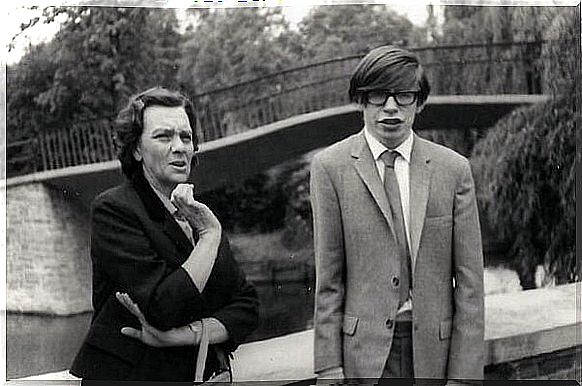
After several years without much commitment to his studies, his grades were still good. The school Hawking chose was Cambridge. This required a very high average grade. He expressed his sincerity in the interview by saying: “If I get excellent grades I will go to Cambridge. If I get okay grades, I’ll stay at Oxford. I trust that you will give me excellent marks. ” And so it became.
As a researcher, his career began over 25 years ago, at the University of Cambridge. Perhaps he is the scientist who has done the most to bring us closer to an understanding of the universe. His theoretical work on black holes and advancement in the origin and nature of the universe is avant-garde and revolutionary to the highest degree.
At the age of 20 , Hawking was diagnosed with a degenerative disease called “amyotrophic lateral sclerosis”. This disease has left him stuck in a wheelchair for most of his life. Hawking did not let the disease become an obstacle for him in his scientific development. His illness has actually freed him from routine tasks, so that he can devote his time to research.
Hawking avoids talking about his physical disabilities and does not want to talk about his personal life. Above all, he wants to be remembered as a researcher, as a writer and as a promoter of scientific interest. But also like any other person, with dreams, impulses, desires and ambitions, just like someone who can walk.
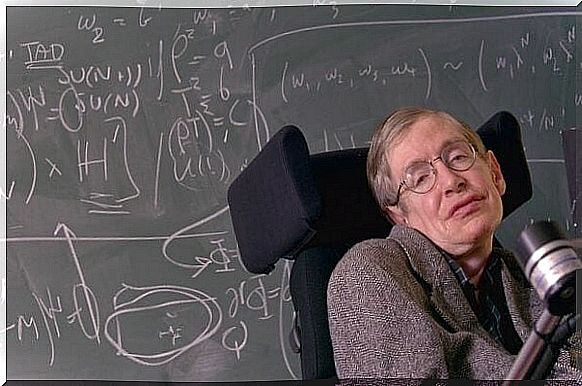
When Hawking was diagnosed with the disease, he was told that it was more common among older people. However, he was only 20 years old. The disease developed rapidly and the doctors gave him no more than two years to live. The stars’ husband then fell into a deep depression and listened to Wagner all the time.
After two years, things stabilized for Hawking in terms of health. He decided to marry Jane Wilde, with whom he had three children. Hawking continued his research and overcame the crushing, physical degradation that generated his illness. In 1969, he finally had to sit in a wheelchair. This situation made him completely dependent on a third person.
In 1979, he was elected chair of mathematics at the University of Cambridge. Isaac Newton also held this position during his time. He later underwent an acute tracheotomy in 1985 and completely lost his ability to speak. His only communication channel was a voice generator adapted to his wheelchair.
Hawking tells, with a good sense of humor, an anecdote set in the Vatican. At the end of a congress on cosmology, the speakers had a meeting with the pope. He expressed interest in studying the Big Bang theory and the subsequent evolution of the universe, arguing that it was God’s creation and work.
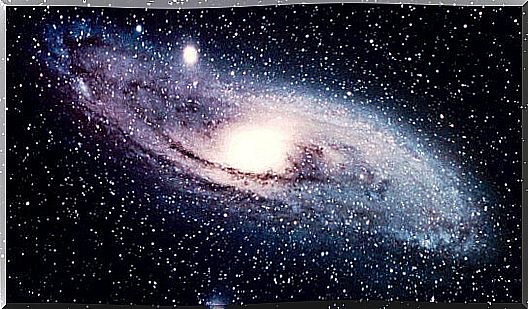
Hawking said he was happy because the pope did not understand the speech he made about “the possibility that time is finite, but has no boundaries”. In other words, he says that the universe has no beginning and that there is no time when it was created. So he was glad that the pope did not understand and said that “he did not want to meet the fate of Galileo.”






